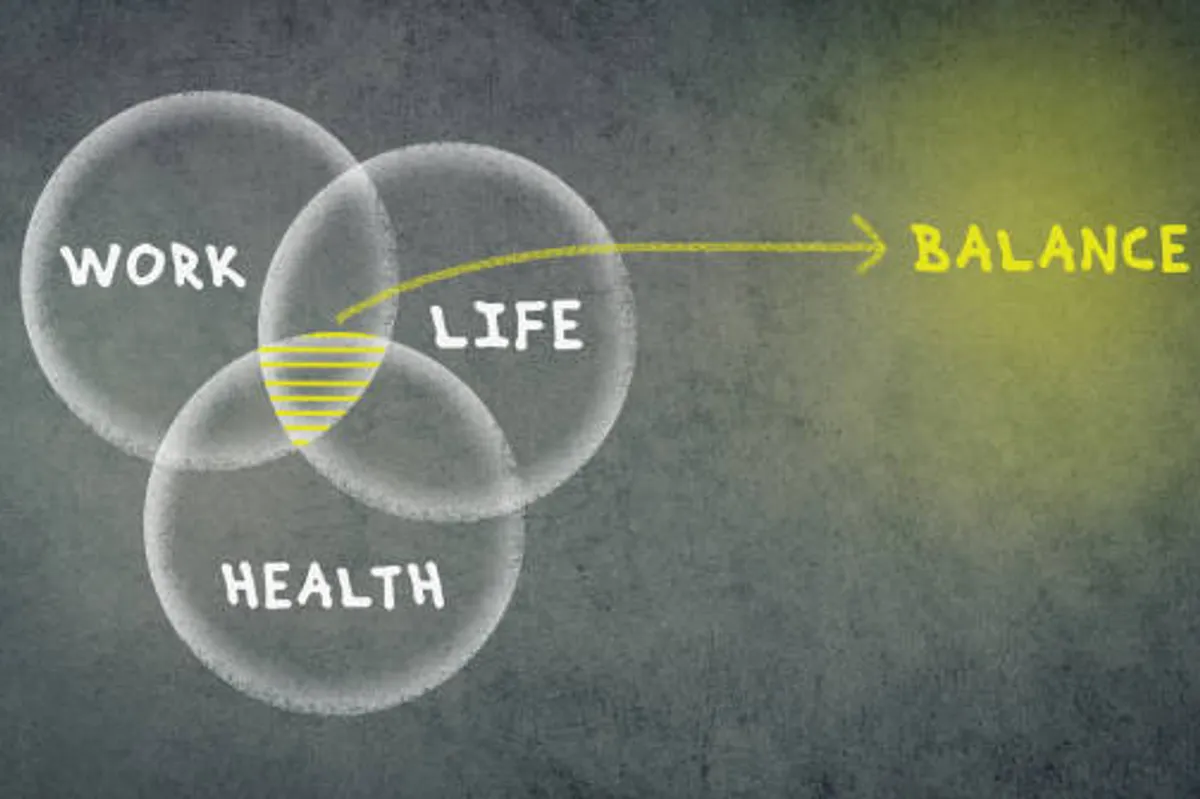Wellness Tips for Mental Health and Stress Relief

GeokHub

In a fast-paced, always-on world, it’s easy to feel overwhelmed. Mental health struggles and stress are more common than ever—but the good news is, small daily wellness practices can make a powerful difference.
Whether you’re managing anxiety, burnout, or just looking to protect your peace, these evidence-based wellness tips for mental health and stress relief can help you feel more balanced, present, and in control.
1. Start with Mindful Mornings
How you begin your day sets the tone for everything that follows. Instead of reaching for your phone, try this:
- Take 3 deep breaths
- Set a positive intention (“Today, I’ll be gentle with myself”)
- Stretch or move for 2–5 minutes
This creates a calm mental foundation and reduces reactive stress.
2. Reduce Digital Overload
Constant notifications and doom-scrolling can overload your nervous system. Give your brain room to breathe:
- Take breaks from screens every 90 minutes
- Turn off non-essential notifications
- Try a “tech-free” hour before bed
Disconnecting helps you reconnect—with yourself.
3. Nourish Your Body, Feed Your Mind
What you eat affects how you feel. A balanced diet supports both your physical and emotional well-being. Aim for:
- Omega-3-rich foods (like salmon, walnuts, chia seeds)
- Whole grains, leafy greens, and colorful vegetables
- Plenty of water—dehydration increases anxiety and fatigue
Also, avoid excessive caffeine, processed sugars, and alcohol, which can heighten stress levels.
4. Practice Breathwork or Meditation
Even just 5 minutes a day of focused breathing or guided meditation can:
- Lower cortisol (stress hormone)
- Improve emotional regulation
- Increase mental clarity
Try apps like Calm, Headspace, or free YouTube sessions to get started.
5. Journal Your Thoughts
Writing helps process emotion and reduce mental clutter. You can use:
- Gratitude journaling: Write 3 things you’re thankful for
- Stream-of-consciousness: Dump your thoughts without judgment
- Reflection prompts: “What’s taking up space in my mind today?”
Journaling builds self-awareness and helps release tension.
6. Stay Connected—But Set Boundaries
Social connection is essential for mental health. Reach out to friends or family regularly, even if it’s just a quick check-in. But protect your peace:
- Say no when you need to
- Take social media breaks
- Don’t feel guilty for needing alone time
Healthy boundaries are an act of self-respect.
7. Prioritize Rest and Sleep
Lack of sleep worsens stress, irritability, and anxiety. Aim for:
- 7–9 hours per night
- A wind-down routine (dim lights, no screens)
- Consistent sleep/wake times—even on weekends
Good sleep = better mood, clearer mind, and stronger resilience.
Final Thought
Wellness isn’t about eliminating stress entirely—it’s about building habits that help you navigate life with more calm, clarity, and compassion. You don’t need to change everything at once. Choose one or two tips from this list and build from there.
Small shifts, practiced consistently, can lead to powerful mental breakthroughs.








